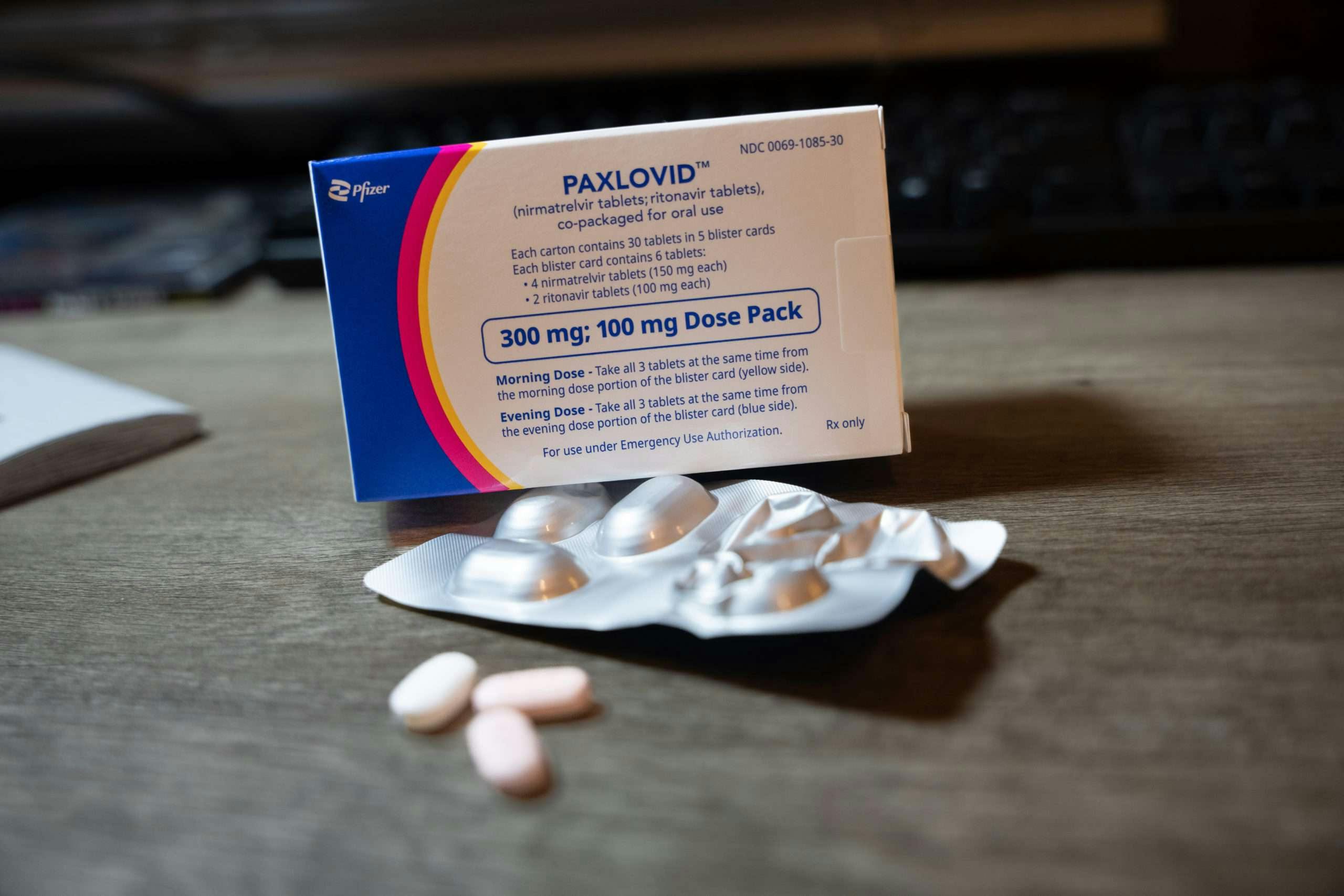The term "nursing shortage" refers to a lack of nurses in the United States. The shortage has been attributed to several factors, including an aging population in need of care, an increase in chronic diseases requiring long-term treatment plans involving a sophisticated team approach, and a need for new nurses graduating from accredited schools each year.
Nursing is the most common healthcare occupation in the United States. More than 3 million registered nurses are employed, according to data from the Bureau of Labor Statistics (BLS). The current nursing shortage is the worst in decades, with projections indicating that not enough nurses will be available to meet the demands of our aging population. In this article, we'll discuss why we have a nursing shortage and the importance of addressing it.
What’s In The Article?
The Nursing Shortage
Causes Of The Nursing Shortage
The Impacts Of The Nursing Shortage
Encouraging More People To Go Into The Field Of Nursing
Final Thoughts
The Nursing Shortage
There are numerous reasons for the nursing shortage, including high turnover rates. This problem has worsened over time, and finding solutions is now more important than ever.
The current nursing workforce is aging, with many nurses approaching retirement age. At the same time, not enough new nurses are being trained to replace them. This problem will only worsen as more experienced nurses leave the field.
In recent years, schools have graduated fewer students than in previous years. As a result, some hospitals and other employers of healthcare professionals who rely heavily on nurses have reported a shortage of qualified candidates.
Collaboration between government agencies and healthcare organizations working toward common goals for our nation's healthcare system is the best way to address this problem. More hospital nurses are needed to provide better patient care while maintaining their own well-being.
Causes Of The Nursing Shortage
Any profession faces challenges as the demographics of the profession and the US population change. Transitioning from hospital-based to community-based care requires more nurses in care settings other than hospitals. Nurses' services are in higher demand than ever before. Workforce issues that contribute to the nursing shortage include long hours and difficult working conditions that are taking a toll on the health and morale of nurses.
Because many nurses are retiring, fewer nurses will fill shifts and care for hospital patients. Another reason is that fewer people enter nursing since it pays less than other professions. Indeed, some medical facilities have been forced to hire foreign-trained nurses due to this issue. Many people who choose nursing as a career decide not to continue working as one and leave after only a short time. It occurs because they discover how difficult it can be to work night or weekend shifts without enough benefits.
The population is growing, and with it comes an aging population that requires more healthcare services. People live longer, and some develop chronic diseases such as diabetes or hypertension. Furthermore, more people are suffering from mental problems like depression or anxiety disorders, which require the services of a nurse practitioner.
Factors Contributing To The Nursing Shortage
The nursing shortage is a complicated issue with numerous causes. Several factors influencing the nursing shortage are listed below:
Lack of respect for nurses in the workplace
Overwork and exhaustion
Poor working conditions
A lack of funding for nursing schools and training programs
An aging population that necessitates more nursing care
Aging nursing workforce
Other professions, such as medicine and pharmacy, are becoming more competitive.
Fewer nursing graduates from accredited schools
Fewer foreign-trained nurses who are unable to obtain licensure in their home countries due to differences in state licensing requirements and those of other countries
The Impacts Of The Nursing Shortage
The nursing shortage has serious consequences. Infection rates in some hospitals have more than doubled. They've even quadrupled in others. Patients who would otherwise be properly cared for are left to die from preventable causes as nurses work long hours and cannot provide adequate care. Consider what happens when there are insufficient nurses:
Longer wait times for appointments
Fewer new staff
Employees who are demoralized because they feel overworked and underappreciated
Nursing shortages can also result in higher overall costs due to increased demand for resources such as equipment and medication while decreasing supply due to fewer workers available.
The United States is experiencing a national nursing shortage, affecting countries worldwide. Many countries are going through their own version of this crisis. Simply put, there need to be more nurses to care for all of our patients.
Encouraging More People To Go Into The Field Of Nursing
Nursing is a growing field, with over 200,000 registered nurse job openings expected yearly. Unfortunately, more people need to enter nursing to meet the demand for qualified nurses. The consequences of this shortage have been seen far too frequently in recent years, and they will continue unless something is done quickly.
Nursing is an excellent way to help others. Nurses spend their days assisting patients in getting better and living healthier lives by providing direct care, teaching patients about their conditions so they can manage them on their own at home and maintaining accurate records of medications given or received by each patient while hospitalized.
Working as a nurse is a rewarding profession. Nurses are the healthcare system's backbone, and they interact with patients on a daily basis. To provide the best care possible, they must be compassionate and caring. Furthermore, nurses have a lot of autonomy in their jobs because they are responsible for much more than bedside care.
Nursing is a diverse field with numerous specializations. Your decisions will help you develop as a professional and find your niche in nursing. Pediatrics, geriatrics, and emergency medicine are a few examples.
Nursing is a great field to enter since it allows you to do what you love while also helping others. Many different nursing options enable you to advance as a professional and broaden your knowledge. Nursing is a growing field with an increasing demand for qualified professionals, so there are plenty of opportunities.
Final Thoughts
The consequences of not having enough nurses are significant. We can address this issue in various ways, including increasing scholarships for nursing students and hiring more people with prior experience in this field.
We must recognize the significance of addressing the impacts of the nursing shortage, but we must also consider other contributing factors. There are ways we can improve our healthcare system to address this crisis more efficiently and cost-effectively while also ensuring that more people have access to quality care.
Find the right CE/CME for you
Fast , Accredited, Affordable, and On-Demand



